Happy spring, everyone! It still feels chilly, but the sun has been out longer and robins are flying through New York. Yesterday was technically the first day of spring, so the warmer weather should be here soon.
With spring comes rebirth, and the perfect opportunity to spring into greater love and happiness in your relationship.
Toward that end, we will be discussing what may be
a critical missing element in your relationship
if you are not experiencing your relationship at its best. Perhaps more importantly, we will be discussing how to foster more of this element in your relationship.
That missing ingredient is the T-Word:
Trust.
When we think of trust, we might imagine it on a large scale. For example, “I trust my partner won’t cheat on me.” Well, that’s good, and of course important, but today we’re discussing a more subtle trust, one that’s easier to mess up on a regular basis.
It’s not so obvious.
Dr. Sue Johnson, the main psychologist behind Emotionally Focused Couples Therapy, discusses the importance of the A.R.E. questions in any relationship. A.R.E. stands for Accessible, Responsive and Engaged. Dr. John Gottman, another leading psychologist in the field of relationships, understands the answers to these questions to make up the kind of “trust” that every relationship needs. Gottman, in his new book The Science of Trust, discusses trust in terms of how couples interact in the moment.
Each moment or interaction involving accessibility, responsiveness and engagement in a couple therefore make up the kind of trust that we are talking about. I cannot overstate the importance of the A.R.E. questions in any relationship.
Let’s do a quick assessment of your relationship.
1.) Do you feel that your partner is accessible? Are you able to hear from them and understand what’s going on with them most of the time? If you need them, can you reach them?
2.) Is your partner responsive to you? When you reach for them, do they reach back? Do you feel seen and heard by them?
3.) Do you feel your partner is engaged with you, particularly on an emotional level? If you’re upset, can they tell and do they care? Do you feel connected to them?
Hopefully you answered “yes” to these 3 questions, but if you didn’t, fear not.
If you feel like your partner is coming up short when you ask these questions, you may not trust them in that more subtle way that matters a great deal. You may not feel so inclined to go to your partner with your hurts or daily struggles event though you, like each of us, need to be able to do that.
Your relationship should be a safe haven
It should be a place to take comfort in, and a shelter from the little struggles of every day life. This is more than just knowing that your partner won’t betray you. Without this more subtle “trust,” you may not feel like your relationship is totally safe.
But you deserve it to be
So let’s talk about building trust.
If you are the kind of couple that can talk about these issues without it turning into a fight, then go for it. Open communication is obviously a good thing in any relationship. With most relationships that don’t have this trust thing going on, it’s more tricky than that, and your partner may be apt to hear that you are complaining if you bring up the fact that you don’t feel he or she is there for you.
So, what do you do?
1.) Look in the mirror
Ask yourself the A.R.E. questions from your partner’s perspective. Are you Accessible, Responsive and Engaged? How would your partner answer those questions about you?
2.) Turn it up
Even if you consider yourself to be the most Accessible, Responsive and Engaged person on the planet, you can still probably turn it up a few notches. Take even more steps to show your partner that you really care, are available and interested in their world. Go out of your way. Try this for a week or two.
3.) Check in
You’ve gone out of your way to be a rockstar of a partner and you’re probably asking “what’s in it for me?” Do you notice any difference in your partner? Do you feel any of that care or concern being reciprocated? Did your partner notice any differences?
If you’ve noticed any positive changes as a result of this exercise, great. Let your partner in on your secret that you’ve been making efforts to be a better mate, and let them know that you’ve noticed it seems mutual. Appreciate that openly and commit to keeping it up.
That’s the best case scenario.
Worst case?
Your partner doesn’t care, notice, and certainly doesn’t seem to make any effort to reciprocate.
What to do then?
Now it’s time to be honest. Let your partner know what’s going on for you. But first…
Caution!
You’re taking a big risk and your partner may get defensive and feel like you are on the attack.
Try to do this from a vulnerable and honest place. Your partner may be sensitive to criticism so please be sure to stay with your experience and don’t go into attack or blame mode. I’m sure on some level you are resentful, but underneath that, I would imagine there is more hurt and sadness. Is it safe to let your partner know this?
If this sounds too dangerous, as if it guarantees a fight, you might benefit from a new approach.
You could even explain that you read this article and wanted to create a closer and more trusting relationship, so you tried to be more Accessible, Responsive and Engaged. You can then ask if your partner noticed. This could be the starting point to a dialogue about your relationship. Try to be honest and open and let them know how a little A.R.E. could go a long way.
Amplify the love and trust in your relationship this spring by paying attention to these three questions.
Check out this video of out John Gottman discussing even more on how to build trust:
Most importantly, take action today.
I’m curious to hear your thoughts and comments, and how this worked for you if you gave it a shot. Please leave your comments below.
Happy spring, finally, and cheers to your best, most accessible, responsive and engaged relationship,



 Loading...
Loading...

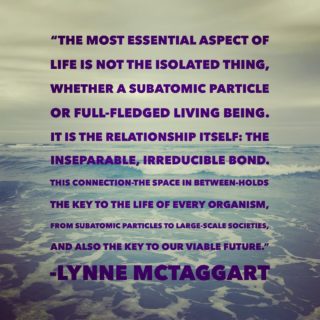


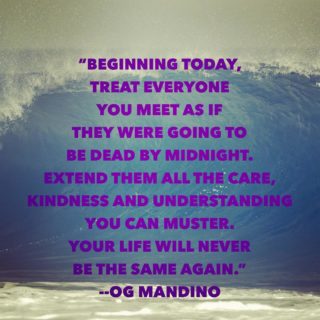
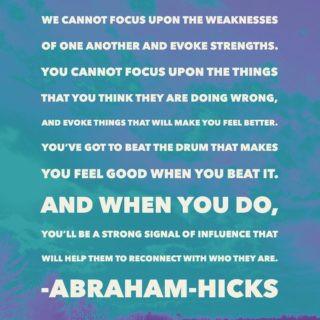







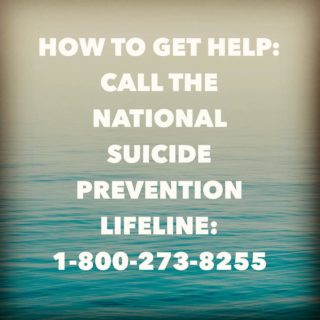
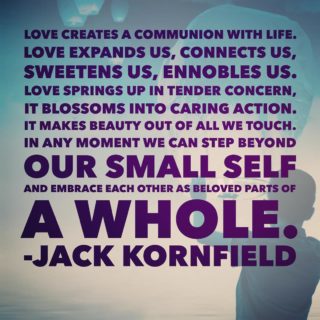
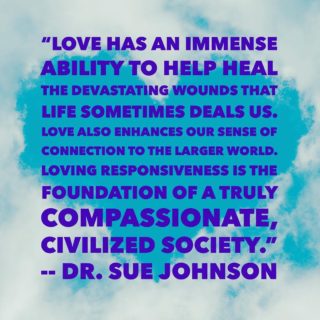

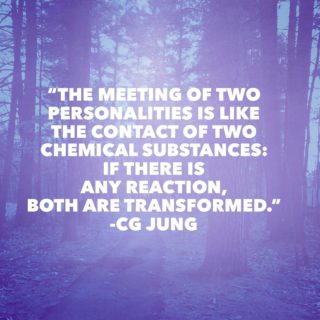












Leave a Reply